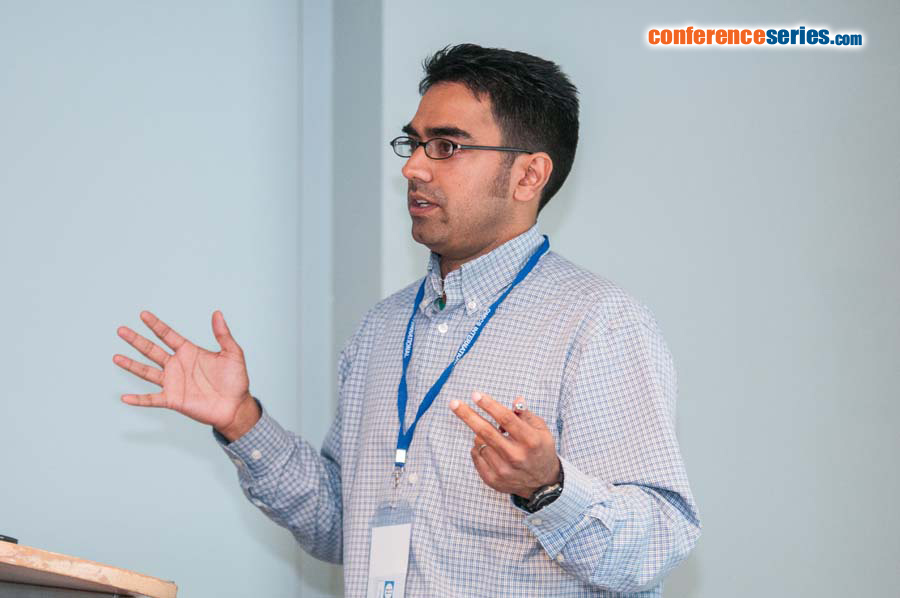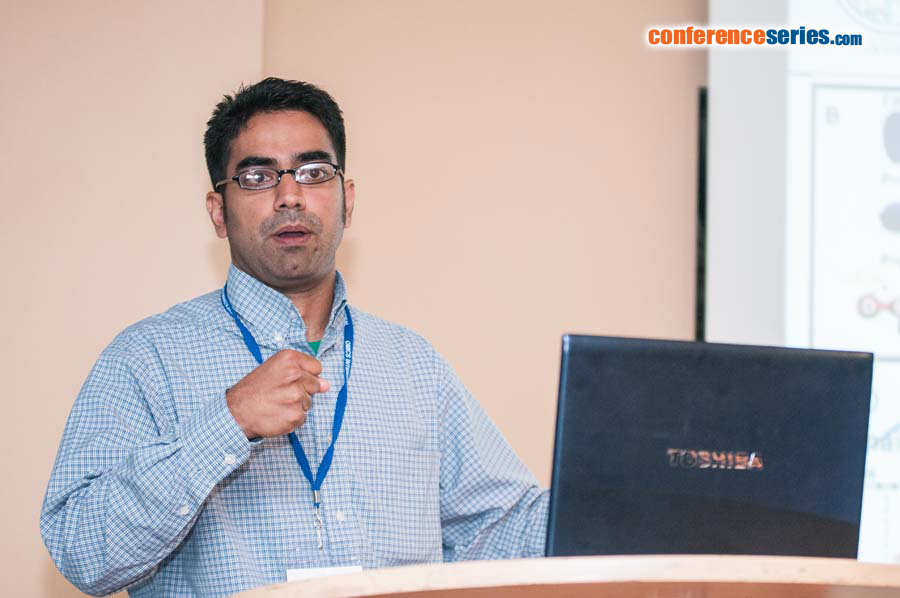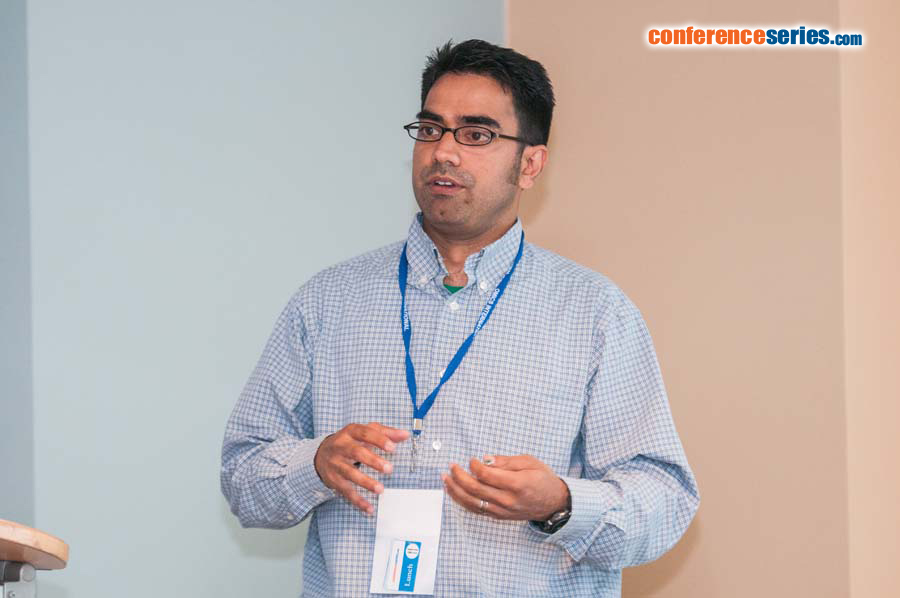Sapun H Parekh
Max Planck Institute for Polymer Research, Germany
Title: Mechanically-induced protein structural changes in fibrin hydrogels using hyperspectral CARS microscopy
Biography
Biography: Sapun H Parekh
Abstract
Fibrin is a protein hydrogel material responsible for stabilizing the platelet-rich blood clot over a wound in blood coagulation. Its utilitarian mechanical properties: Being stiff or deformable as needed result from the unique hierarchical organization of the polymer network. Experimental and theoretical studies have shown that single filament stretching, network rearrangements and protein unfolding are responsible for this unique mechanical behavior. In this work, we investigate the biophysics of fibrin unfolding in response to uniaxial stretch in situ using coherent Raman imaging. Fibrin hydrogels are stretched to regime where unfolding transitions of α-helical structures to β-sheet occur and spatially resolved broadband coherent anti-Stokes Raman scattering (B-CARS) spectra of fibrin gels are acquired and analyzed. The secondary structure is calculated from peak analysis of the amide I and amide III regions, which are sensitive to subtle changes in protein structure. Experiments on gels of different polymer concentration and cross-linker density show unfolding transitions that correlate with non-linear effects seen in shear rheology. Finally, imaging results show an inhomogeneous unfolding distribution near inert beads in the gel, suggesting that local stresses on platelets within biological clots is different from the bulk mechanical response. This demonstrates the use of hyperspectral B-CARS microscopy to measure local, mechanically-induced conformational changes in proteins.




